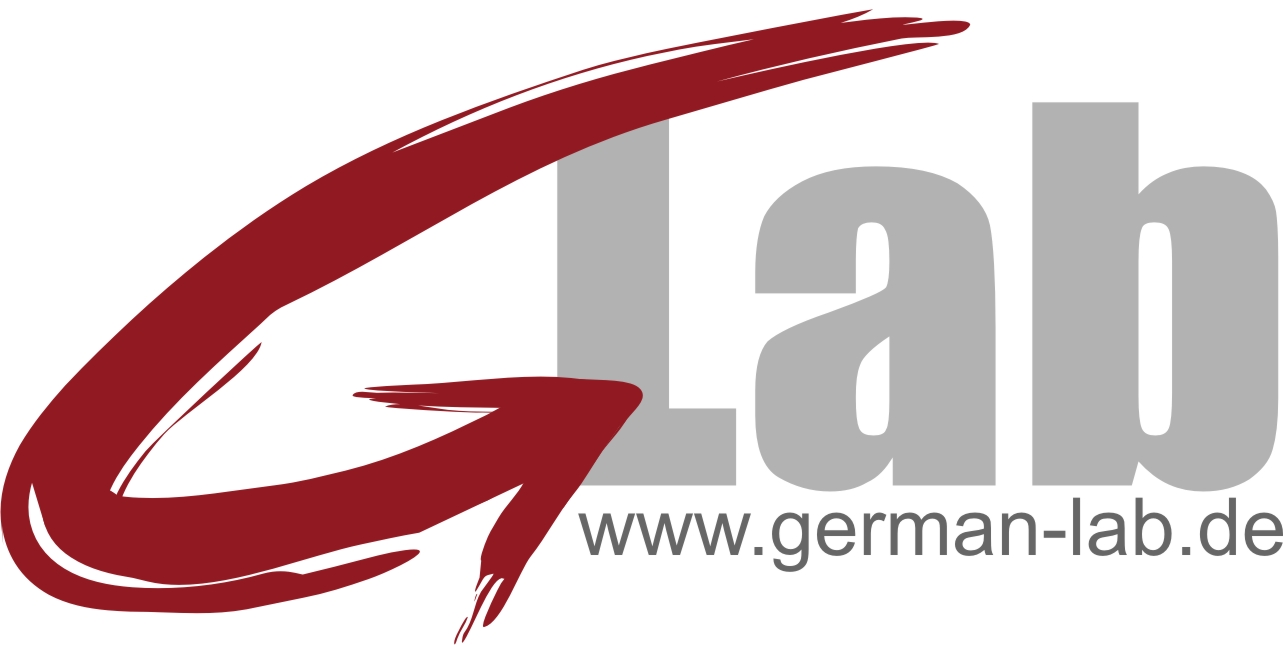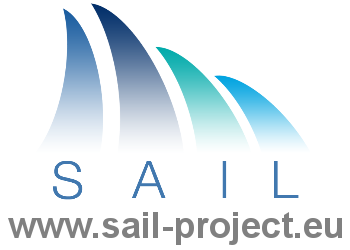| Time: | October 12 – 13, 2011 |
|---|---|
| Additional date: |
October 13, 2011 |
| Workshop Dinner | |
| Registration close: | September 16, 2011 |
| Venue: | University of Stuttgart V 47.05 Pfaffenwaldring 47 70569 Stuttgart Germany |
| Download as iCal: |
|
Organized by


In Cooperation with


Timeline
| October 10, 2011: | Room change to V 47.05 (same building; room will be signposted) |
| October 05, 2011: | Organization for Social Event is now completed. Restaurants are announced. |
| September 16, 2011: | Registration is now closed. |
| August 31, 2011: | Social Event on the evening before the workshop at the Mercedes-Benz Museum. |
| August 16, 2011: | Registration is open now. |
| August 16, 2011: | Program is online now. |
| July 14, 2011: | Deadline extension until August 1, 2011. |
| May 03, 2011: | Call for Contribution is online. |
Objective
Call for Contributions
NEC Laboratories Europe and the Institute of Communication Networks and Computer Engineering (IKR) of the University of Stuttgart invite you to a one-day workshop on the topic
Capacity Sharing
With the increasing amount of IP traffic in fixed and mobile access networks, the question how to share the available resources in a fair, efficient and demand-oriented way becomes more and more prevalent. With the variety of services one can find in today's Internet, the requirements in rate, data volume and latency differ strongly. To maximize resource utilization and, at the same time, provide satisfying performance to all users, application layer knowledge is needed. As different resource allocation and adaptation mechanisms already exist in MAC, transport and application layer, an integral consideration of the problem space is required.
In wireless networks, the problem is particularly relevant due to the inherently limited resources, which render a simple ?throwing bandwidth at the problem? solution impossible. Because large over-provisioning factors are economically unfeasibly, similar questions on capacity sharing also arise in fixed access networks, such as high bandwidth passive optical networks or cable networks.
The objective of this workshop is to bring together stakeholders of mobile and fixed access networks, the classic Internet world and of the application and transport community. We solicit presentations on the state-of-the-art, results of ongoing research, open issues, trends and new ideas. We are especially looking forward to (possibly provocative) visionary presentations to foster a lively discussion about how to face the upcoming challenges in the future mobile Internet.
Find the Call for Contribution as PDF.
Topics
Topics of particular interest include, but are not limited to
- Application-layer adaption for mobile services
- Transport layer solutions and possible interactions with cellular/fixed access networks
- Context-aware resource allocation and cross-layer adaptation
- QoE and fairness definitions, metrics and evaluation
- Data traffic characteristics in fixed and mobile Internet
- Economic aspects on capacity sharing and business models
- Similarities and differences of capacity sharing in mobile and fixed access networks
- Related standardization activities and projects
Submission
Please inform the workshop organizers by email to CapacitySharingWS@ikr.uni-stuttgart.de about title and abstract (max. 1 page) of your planned presentation. The number of slots is limited. Deadline for contributions is July 15, 2011. Registration to the workshop is open until September 15, 2011. The workshop takes place in Stuttgart on Thursday, October 13, 2011.
Technical Program (PDF)
| 08:30 | Registration and Coffee |
| 08:45 | Welcome |
| 09:00 | Session 1: Congestion Management in Mobile Broadband Networks |
| Capacity Sharing: Bringing Together Cost, Value and Control (abstract) Bob Briscoe (BT) |
|
| Congestion Exposure in Mobility Scenarios (abstract) Faisal Ghias Mir, Dirk Kutscher, Marcus Brunner (NEC) |
|
| Enhanced Capacity Management - how to monitor, control, and steer your service quality! (abstract) Dr. Wolfgang Knospe (Detecon International GmbH) |
|
| Bridging QoE and QoS for Mobile Broadband Networks (abstract) Dr. David Soldani (VP Huawei European Research Centre) |
|
| 10:45 | Coffee |
| 11:00 | Session 2: Transport Layer QoS |
| Considerations for controlling TCP's fairness on end hosts (abstract) Michael Welzl (Department of Informatics, University of Oslo) |
|
| Trading loss against delay in Networked Control Systems (abstract) Rainer Blind (Institute for Systems Theory and Automatic Control (IST), University of Stuttgart) |
|
| Fair Background Data Transfers of Minimal Delay Impact (abstract) Costas Courcoubetis, Antonis Dimakis (Athen University of Economics and Business) |
|
| Multipath Transport Challenges and Solutions (abstract) Michael Scharf (Bell Labs Stuttgart) |
|
| 12:45 | Lunch |
| 13:45 | Session 3: QoS in Wireless Networks |
| QoS and QoE in the Next Generation Networks: application to wireless networks (abstract) Prof. Pascal Lorenz (University of Haute Alsace) |
|
| Improving the Usability of Cellular Charging Solutions (abstract) Christian Hoene (University of Tübingen) |
|
| Context-Aware Resource Allocation for Media Streaming: Exploiting Mobility and Application-Layer Predictions (abstract) Hatem Abou-zeid, Stefan Valentin (Bell Labs Alcatel-Lucent Stuttgart) and Hossam Hassanein (Queen's University, Canada) |
|
| Context-aware Scheduling in Radio Access Networks (abstract) Magnus Proebster, Matthias Kaschub, Thomas Werthmann (IKR, Uni Stuttgart) |
|
| 15:30 | Coffee |
| 15:45 | Session 4: Applications and Services |
| Mobile Video Traffic Optimization at Telecom Italia (abstract, presentation) Gianni Canal, Agostino Cotevino, Vincenzo Condo, Enrico Marocco (Telecom Italia) |
|
| Towards More Adaptive Voice Applications (abstract) Jörg Ott (Comnet, Aalto University) |
|
| Resource (Re)allocation and Admission Control for Adaptive Multimedia Services (abstract) Krunoslav Ivesic (University of Zagreb) |
|
| Active Shared Access Network Congestion Avoidance in Heterogeneous Application-Layer Multicast (abstract) Christian Hübsch (Institute of Telematics, Karlsruhe Institute of Technology (KIT)) |
|
| 17:30 | Wrap-Up and Conclusions |
| 18:00 | End |
Social Event
Due to a large interest in a framework program for further discussions and social networking we have organized a private guided tour in the Mercedes-Benz Museum on the evening before the workshop and a workshop dinner on the evening of the workshop. The guided tour and entrance fee of the museum are included in the workshop registration fee.
12. October 2011: Mecedes-Benz Museum
| 17:00 | Meeting point at the University of Stuttgart, Foyer of IKR (Pfaffenwaldring 47, floor 1) |
| 17:00 - 17:25 | Reception at the University of Stuttgart |
| 17:29 - 17:58 | Common travel to Mercdes-Benz Museum (S1) |
| 18:00 | Meeting point at the at Mercdes-Benz Museum (Mercedesstr. 100, 70372 Stuttgart) Train: S1 to station Neckarpark (Mercedes-Benz) |
| 18:00 - 20:00 | Private guided tour at Mercdes-Benz Museum |
| 20:00 | Meeting point for dinner: VfB Club Restaurant (Mercedesstrasse 109, 70372 Stuttgart-Bad Cannstat) |
13. October 2011: Workshop Dinner
| 19:30 | Dinner at downtown Stuttgart: Amadeus (Charlottenplatz 17, 70173 Stuttgart) |
Important Dates
| Submission Deadline | |
| Registration Deadline | September 15, 2011 |
| Workshop Date | October 13, 2011 |
Registration
Registration is closed now. If you have any further questions please do not hesitate to contact the workshop organizing committee at CapacitySharingWS@ikr.uni-stuttgart.de.
For the workshop we apply a registration fee for our expenses: 35 Euro
This fee includes lunch and all food supply on the workshop day. The fee has to be paid in cash on the workshop day.
Venue
The Capacity Sharing Workshop will be located on the Campus of the University of Stuttgart, room V 47.05, building ETI 1, Pfaffenwaldring 47, 70569 Stuttgart, Germany (map; how to find us). The University can easily be reached by car or by train and public transport. The Vaihingen campus of the University of Stuttgart is reachable with the S-Bahn line S1, S2, S3 from the station Flughafen/Airport if you arrive by plane or Hauptbahnhof if you arrive by train. Please find a more detailed travel information on the webpage of the Institute of Communication Networks and Computer Engineering.
Hotel Information
Nearest hotel to the workshop location:
Commundo Tagungshotel Stuttgart
Universitätsstraße 34
70569 Stuttgart
Another small hotel which is still in walking distance to the workshop location:
Hotel Römerhof
Robert-Leicht-Str. 93
70563 Stuttgart
www.hotelroemerhof.de
Further hotels are available in the city center of Stuttgart, from where the Vaihingen campus of the University of Stuttgart is easily reachable with the S-Bahn line S1, S2, S3.
Links
Map of the Stuttgart metro system
Detailed Map of the S-Bahn station University (The EUNICE takes place in the building labeled ETI)
Stuttgart Airport
VVS - Transit and Tariff Association Stuttgart (Timetable, tickets, etc.)
Contact
For further questions, please do not hesitate to contact the workshop organizers: CapacitySharingWS@ikr.uni-stuttgart.de.

